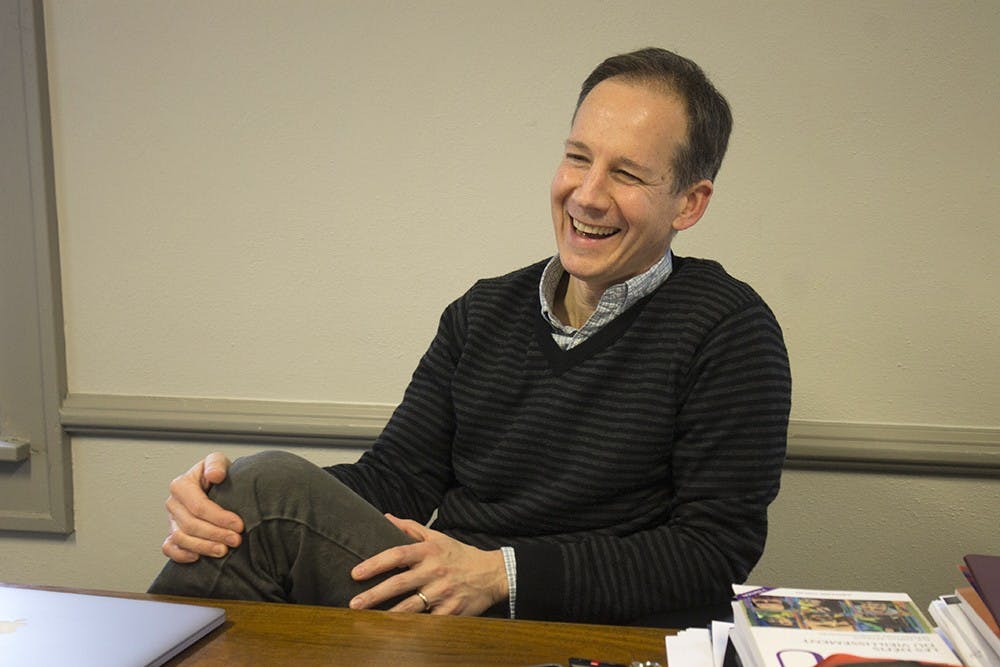As she completed her work, Coleman, said she was trimming the imperfect edges off the foliage. The photos paused again. His screen is focused on her face. She’s smiling widely, her laugh lines more prominent as her cheeks pushed upwards.
“She was so old,” Coleman said, “Yet she was very much alive in doing this activity. It sounds like a small thing, but it impressed me.”
It was this woman, Tsuneko Hariki, who helped inspire the creation of Coleman’s recently released book, “Unfinished Work: The Struggle to Build an Aging American Workforce.”
“I’ve written a lot about the aging society there,” he said. Japan is one of the world’s most developed countries and has one of the oldest and largest ?economies, he said.
If Japan’s economy could support Hariki’s agricultural cooperative, what could happen for other countries’ ?aging citizens?
So he dug deeper, expanding the idea into a book. Coleman said he wanted to keep the idea about the aging population and their place in the work force. However, he said, he wanted to expand his range of people to make his work more applicable to the American audience. So he pulled away from Japan and eventually included work trends in France, Sweden and areas across the United States.
He focused his work around the idea of the aging citizen and how they are being treated in the professional world. Some are highly respected due to their experience. Others, however, are finding themselves at a loss for what they can do after ?being laid off.
“People are unwillingly aging out of employment,” ?he said.
This is causing problems as once the job is lost, older applicants to companies struggle to find employment.
Factor that into the idea that the retirement age is increasing, and people get stuck in an awkward gap where they take in no income, but may not have enough savings to retire.
“What do you have to fall back on?” Coleman said. “Retirement has become more uncertain.”
For those who lose their jobs and are unable to find employment, Coleman said they run the risk of burning through their savings or building credit card debt.
However, some companies around the world value the older worker. The key in building an older workforce is changing how companies approach them.
Since he established that older employees are respected for their experience and know-how, more mentor positions should be created, Coleman said.
A lot of companies have not realized that a large amount of their employees will be reaching retirement age in the next few years. They will soon have to figure out how to hold onto those that can train next wave of workers.
“I hope the workplace becomes more flexible,” ?Coleman said.






